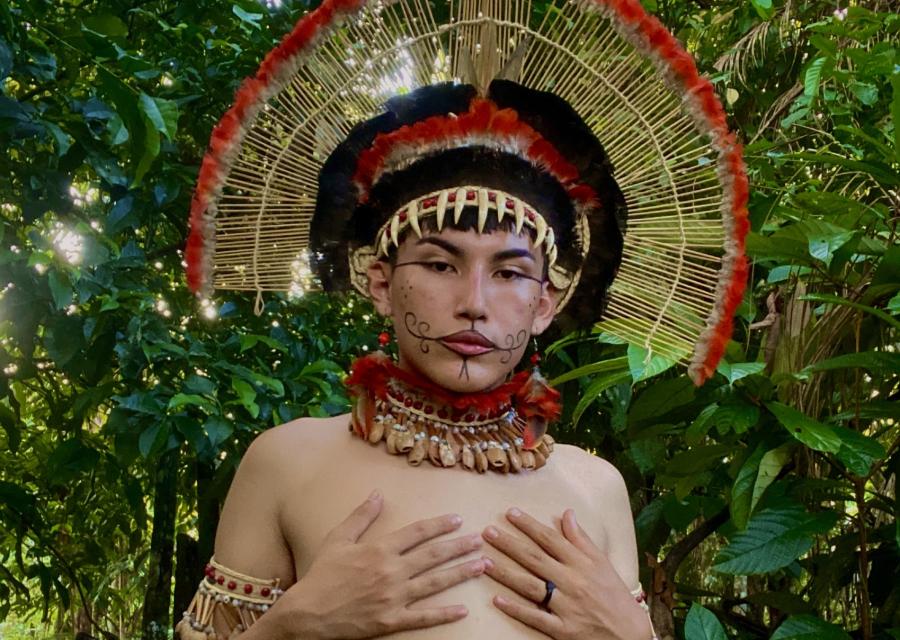Mario Juruna, the only Indian Representative in Brazil's Chamber of Deputies, convened a meeting of various pro-Indian organizations in Brasilia at the end of November to consider the seriously deteriorating situation of Indians throughout the country. The meeting was called in response to the killing of an Indian leader, Macal Guarani, in the state of Rio Grande do Sul on November 25. The employees of a local landowner had been putting pressure on Macal to use his influence to relocate a neighboring village of Kayua Indians so that the demarcation of their lands should not cut into his property. Macal was threatened and eventually killed when he refused the bribe offered to engineer the relocation. He is the eleventh Indian leader to be killed in Brazil since June of this year. On June 2, six Kaingang Indians were killed, also in the state of Rio Grande do Sul. On June 8, Edisio, a leader of the Pataxo Indians, was killed in the state of Bahia. On September 10, Alcides of the Maxacali was killed in the state of Minas Gerais. In the same month, two Xucuru were killed in the state of Alagoas.
The persistent killing of Indian leaders throughout Brazil is a sign of the new pressure on Indian peoples and their lands. The Brazilian government has continued its policy of promising to demarcate Indian lands but is not actually doing so. Meanwhile, by virtue of a decree (number 88/985) published on November 10, 1983, the government has now opened all Indian lands to exploitation by mineral companies and other enterprises. The power to decide whether such enterprises may operate in Indian areas is now vested solely in FUNAI (the national Indian foundation), the government's Indian service.
Further, the government has presented a new civil code for congressional approval which actually downgrades the legal status of Brazilian Indians. Under the present civil code the Brazilian state is the legal guardian of all Brazilian Indians. In Brazilian law, the justification for guardianship is to defend the rights of those incapable of defending themselves. There are two categories of citizens considered incapable: the absolutely incapable and the relatively incapable. In cases of absolute incapability, the guardian must speak for the ward. When the ward is considered only relatively incapable, then the ward expresses his/her own will with the help of the guardian. At present, Brazilian Indians are defined as relatively incapable. This means that they are legally entitled to speak for themselves with the assistance of the tutelary state, which has designated FUNAI as the agency to exercise guardianship. Under the proposed new civil code, Indians will be defined as absolutely incapable and the state will be legally entitled to speak for them through FUNAI.
It appears then that a systematic attack on the rights of Brazilian Indians is taking place. The government is introducing legislation to silence them legally. Meanwhile FUNAI, the government agency with tutelary responsibilities for the Indians, has failed to demarcate or defend their lands and appears unable to protect their lives. Instead it is being vested with new powers to enable it to authorize outside companies to make use of Indian lands without the agreement of the Indians themselves or any other form of public scrutiny.
This information reached us just as the Quarterly was going to press. Cultural Survival is now collaborating with Brazilian and international organizations in an effort to put an end to the victimization of Brazil's Indians.
Article copyright Cultural Survival, Inc.


